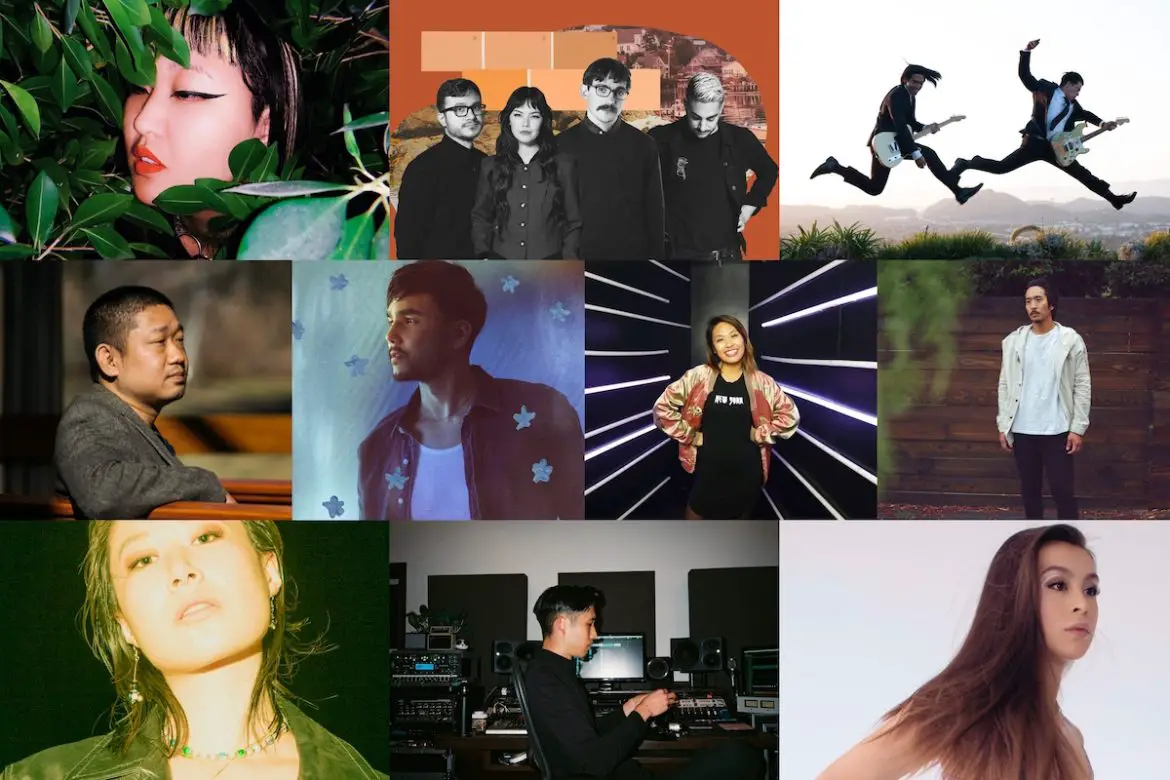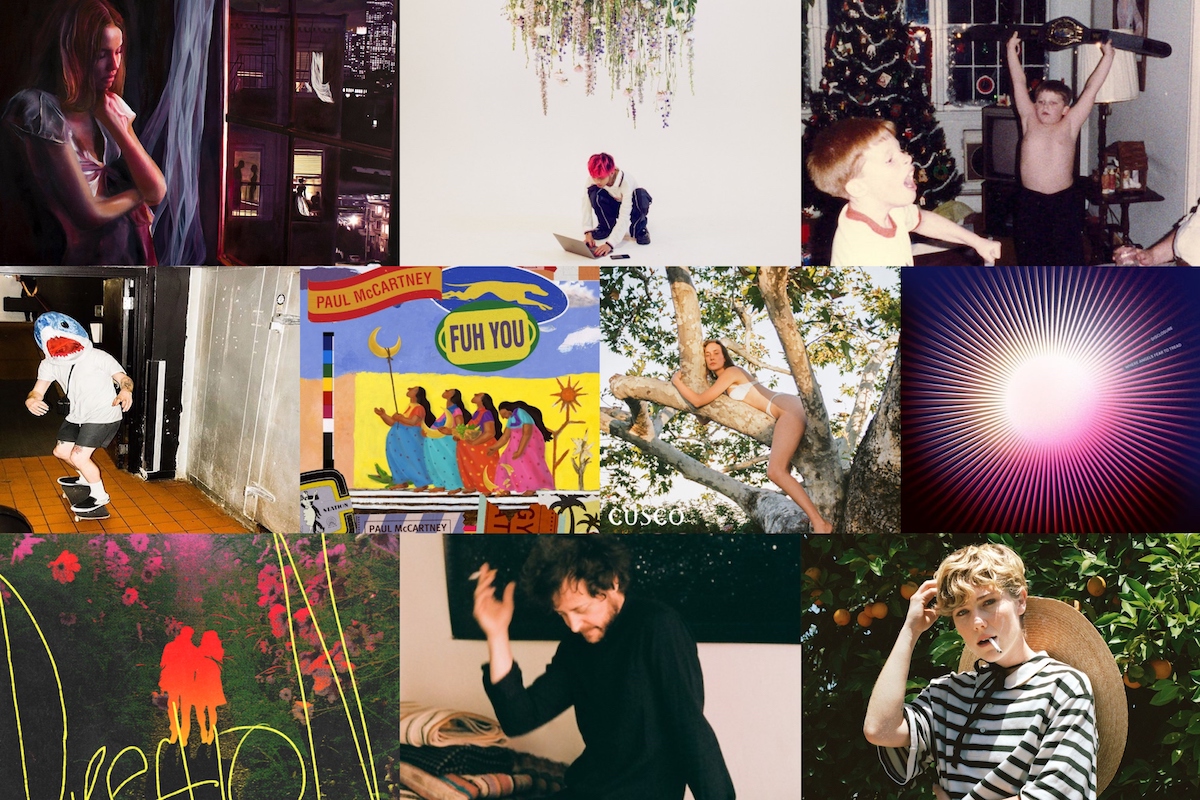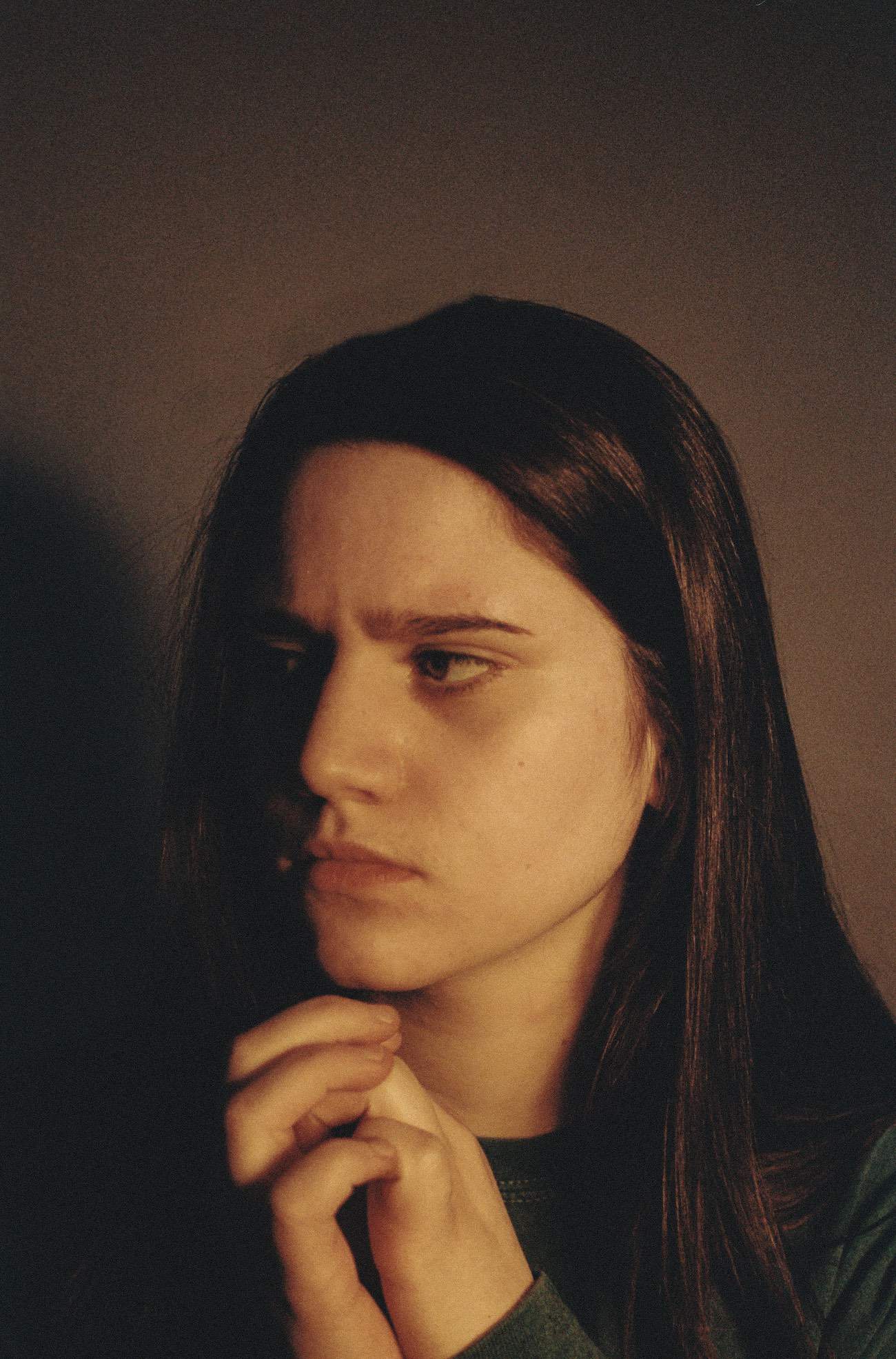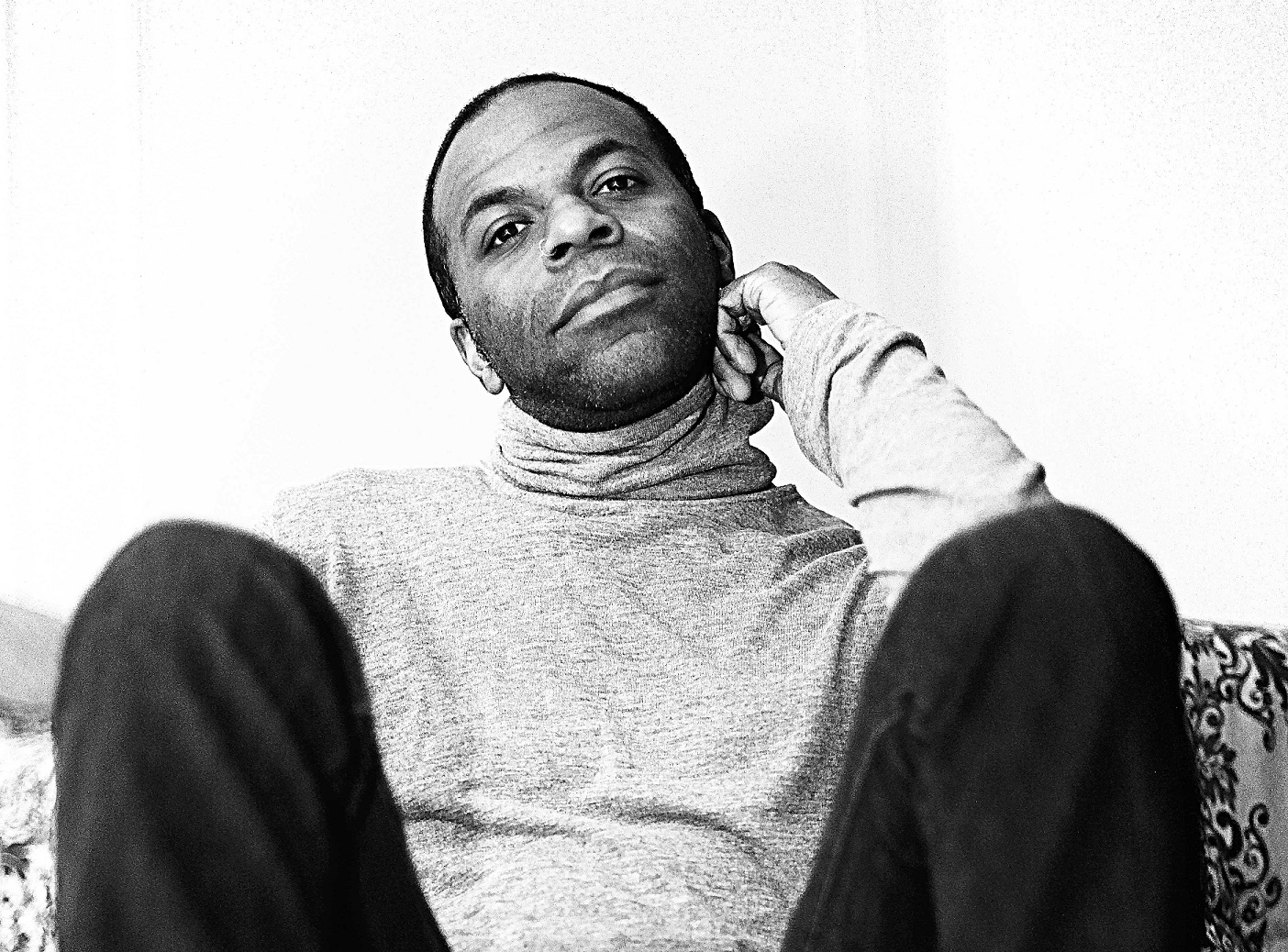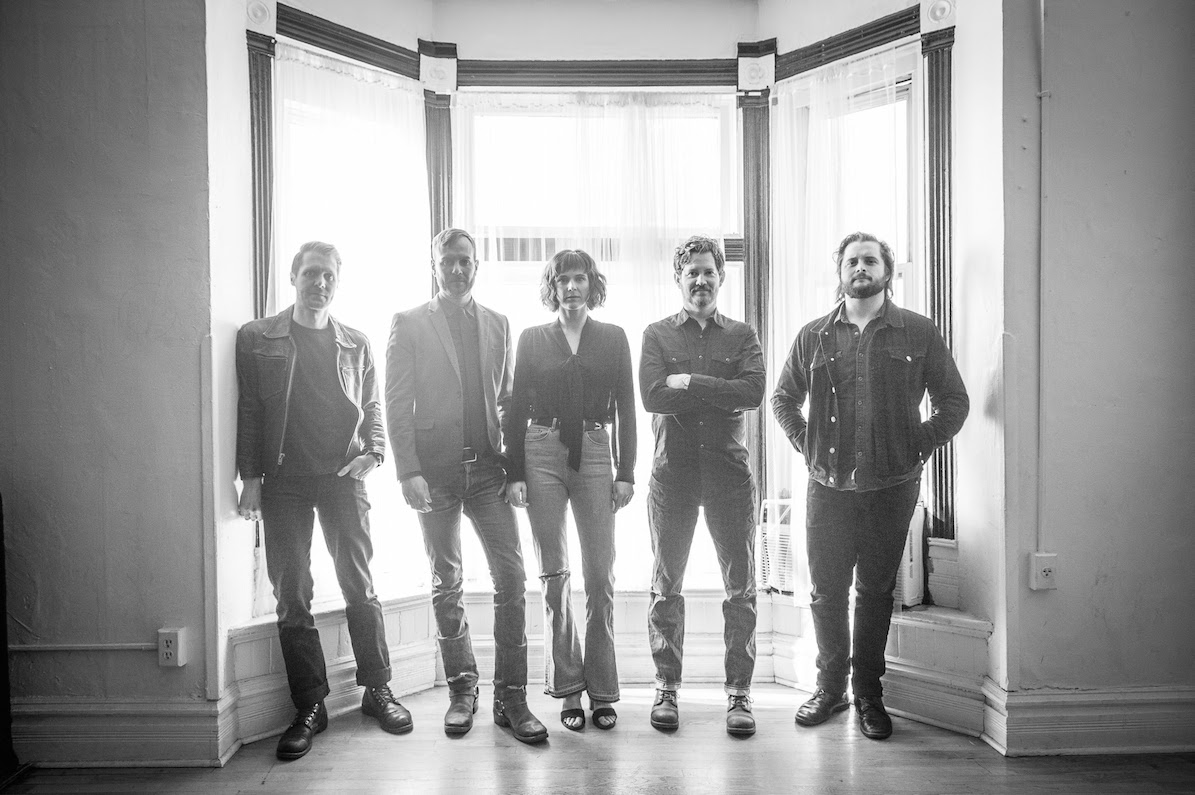In honor of Asian American and Pacific Islander (AAPI) Heritage Month, Atwood Magazine invited AAPI artists and music industry representatives from around the world to participate in an interview series reflecting on identity, music, culture, inclusion, and more. Today, and throughout the month of May, Atwood Magazine will be continuing those conversations in celebration of AAPI Heritage Month, engaging with artists and publicists alike to discuss the roles of heritage and representation in their own art, the state of the music industry, and its role in promoting diversity, visibility, equality, and more.
In Part IV of our series, Atwood Magazine spoke with and highlighted 10 members in the industry, asking them to reflect on their own heritage, the relationship between music and identity, AAPI artist inspirations, and how we can challenge the music industry for better representation.
– Mitch Mosk, Editor-in-Chief
•• •• •• ••
featuring Jason Suwito, Caroline Park (Caro Juna), Kim Valderas, Tyler Shaw, Shima, St. Lenox, Joker’s Hand, Jessica Huang, Really From, and Billy Kim!
•• ••
:: Celebrating AAPI Heritage ::
 follow our AAPI Heritage Month playlist on Spotify
follow our AAPI Heritage Month playlist on Spotify 
:: Jason Suwito (Sir Sly, Best Frenz) ::
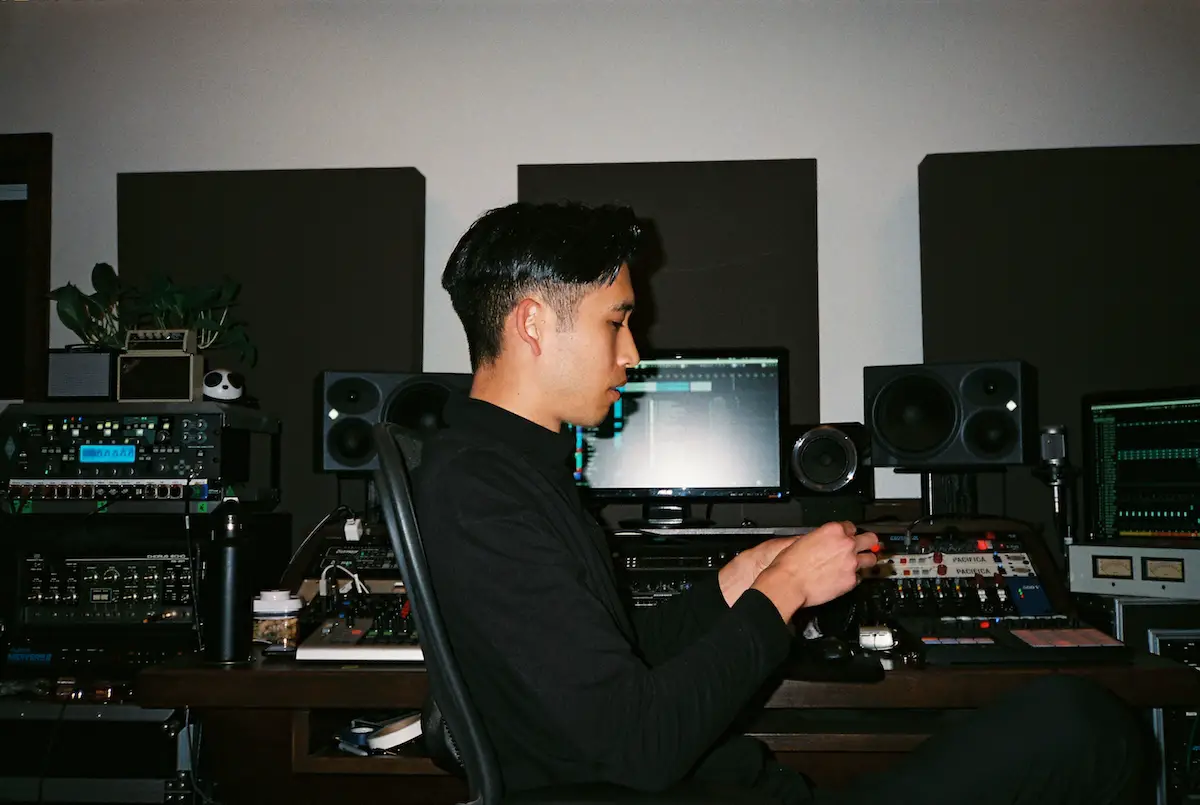
What is your heritage?
Indonesian
What is the significance of Asian American and Pacific Islander Heritage Month, for you?
It’s a great way to highlight the achievements and contributions of Asian Americans and Pacific Islanders. It’s also an easy segue to open up conversations and spread awareness about racism against Asian Americans. In the wake of the pandemic and increased racism and violence against AAPI people, it’s a very important time to celebrate the AAPI community.
How do you perceive or experience the relationship between music and your AAPI heritage and identity?
I’ve always felt like I had to blend in a little bit as an AAPI musician in the music industry. I think a lot of that mindset was influenced by the way I was raised in a predominantly white neighborhood by first generation immigrant parents. While assimilating wasn’t always top of mind, it was important and there wasn’t much of an emphasis on my Indonesian heritage. I can look back on my life and point out many times where I was trying to be white. It’s actually been within the past decade where I really started to find my identity as an Asian American. Similar to how I grew up surrounded by mostly caucasians, I have mostly been involved in music scenes that were dominated by white people. In high school and college I was very much in the pop punk / emo / hardcore scene. Fast forward to the present, Sir Sly is heavily rooted in the alternative scene where seeing an AAPI person is rare. Now I wear my AAPI identity as a badge of honor and I see it as a strength that allows me to bring something unique to the table.
How do you feel the music industry can improve, when it comes to representation, inclusion, and diversity?
It’s tough to find an answer that doesn’t feel like filling a quota. On one hand I’d love to see more AAPI musicians given the spotlight. On the other hand, I don’t think anyone should be given an unfair advantage. The music should always speak for itself. I want generations to come to see superstar AAPI musicians / artists that aren’t boxed into typically Asian genres. I think that seeing more AAPI artists succeeding in different genres will inspire more AAPI people to become artists. How we get there, I’m not exactly sure but I think it starts with more representation. Highlighting more AAPI artists will pave the way for more and more new talent and hopefully bring more AAPI people into the fold. Change also needs to come from the top. It’s less about signing “x” amount of AAPI artists. It’s more about seeing more people of color in roles like the president of a record label or head of A&R so there is a completely different filter for how artists are being discovered and signed.
Name one or two AAPI artists who have had a significant impact on you, and why they've had that impact.
Teppei Teranishi from Thrice. I don’t know if I would have started playing in bands if he didn’t pave the way for me. It was incredibly inspiring to see someone who looked like me play the music that I wanted to play. He’s a brilliant guitar player and definitely inspired me to want to play lead guitar in bands.
Dougy Mandagi from The Temper Trap. Seeing a fellow Indonesian commanding the lead singer role in a rock band and having success in America was mind blowing to me. Discovering that The Temper Trap had an Indonesian lead singer boosted my confidence to release music with my voice on it.
Lastly, what are you working on currently? Anything coming down the pipeline you’re excited to share?
I’ve started working with a bunch of artists again as more people are getting vaccinated. One AAPI artist in particular that I want to highlight is Alisa Xayalith who is 1/2 of The Naked and Famous. She has an incredible voice and is an amazing musician and songwriter. We’ve been working on some of her solo music which I’m excited to share when the time comes.
I’ve been slowly getting back into the groove of working on some new Sir Sly tunes as well. It’s still early days and we’re still in that exploratory period where we’re figuring out what the next body of work will sound like. We’re definitely venturing into some uncharted territory which is always exciting.
•• ••
:: Caroline Park (Caro Juna) ::
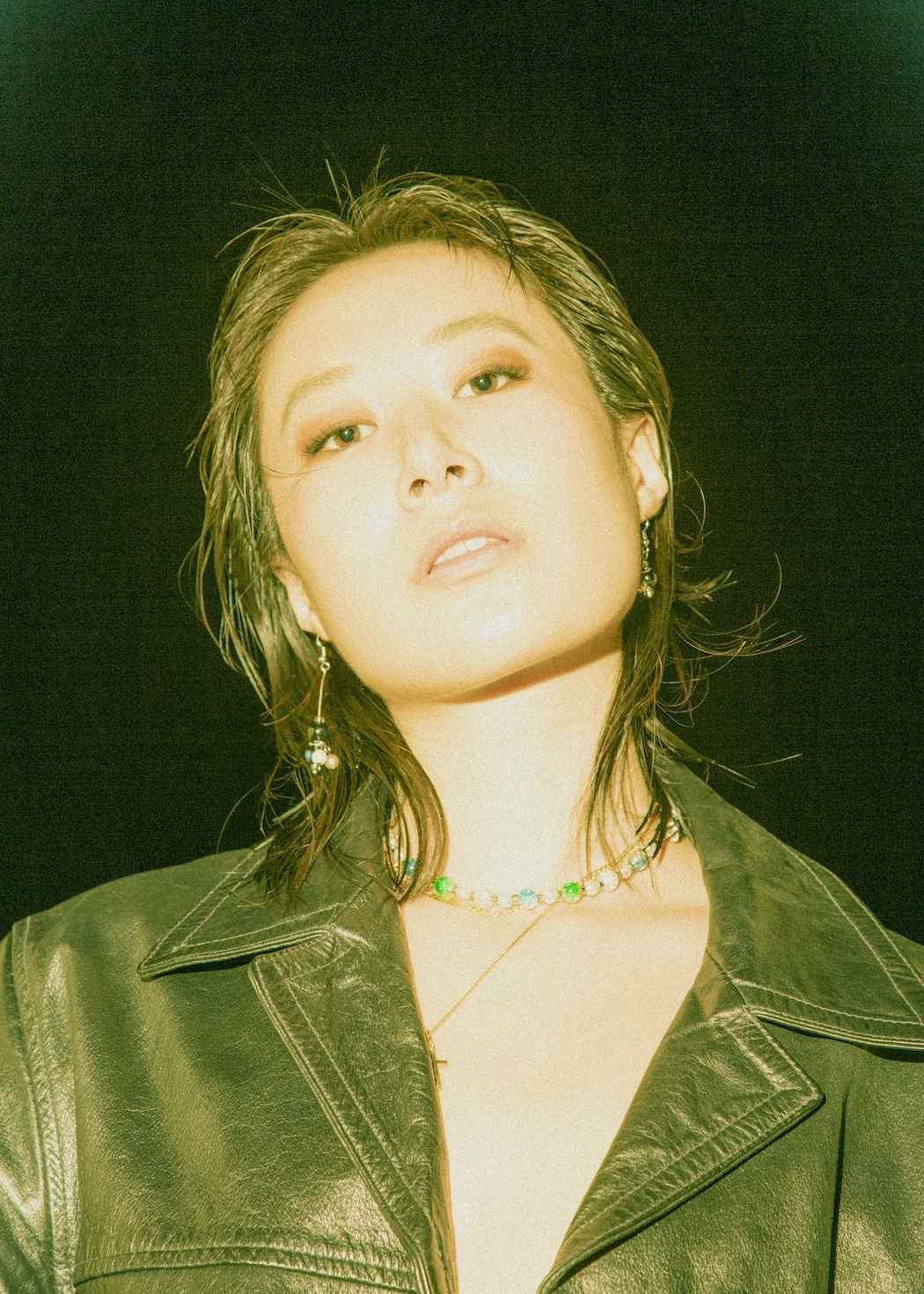
What is your heritage?
Korean American
What is the significance of Asian American and Pacific Islander Heritage Month, for you?
Given the traumatic events that have been happening in the news with attacks on Asian Americans across major cities in the U.S., AAPI Heritage Month feels like a reprieve from the general exhaustion so many of us have been feeling, and a chance to celebrate and feel a glimmer of optimism. I think it’s also an opportunity for us to have deeper conversations about our identity and what it means to be Asian American.
How do you perceive or experience the relationship between music and your AAPI heritage and identity?
My heritage and identity inevitably deeply intertwined with the music that I make because my music and art is a reflection of my reality and existence. I think my music has been the one space in which I can properly examine and interpret my anxieties and struggles I’ve faced as an Asian American woman, so it’s been an ongoing blessing and healing experience. It’s also helped me find a balance between being incredibly proud of my heritage while acknowledging the trauma that comes as a consequence of surviving in systems of oppression. In that way, I think music has been incredibly freeing, and the one space within which there are no boundaries or rules, where I can strongly and defiantly define my own identity .
How do you feel the music industry can improve, when it comes to representation, inclusion, and diversity?
I think there’s a lot of pressure in the music industry to use your identity as a marketing tool to set you apart, for you to be a ‘pioneer’ of some sorts. While I do think it’s great that there is now this push for diversity and representation, it loses its meaning when it feels performative. I think in general, the music industry should stop pushing formulas of success onto artists, and instead of pushing artists constantly to market themselves better, maybe encourage them to really experiment and celebrate their own unique individuality (which includes but is not just their race), and trust that everything else can naturally follow.
Name one or two AAPI artists who have had a significant impact on you, and why they've had that impact.
I think seeing any AAPI artist, especially female artists, hustle and achieve their dreams has a significant impact on me because it’s so inspiring to see more and more faces like mine succeeding in unconventional career paths. It’s so amazing to know that Rina Sawayama and Yaeji and countless others can get to where they are against all odds. I’m also incredibly inspired by Asian American writers like Ocean Vuong and Cathy Park Hong, and Japanese Breakfast! They’re all paving the way for more and more Asian American artists to pursue their passions and push boundaries.
Lastly, what are you working on currently? Anything coming down the pipeline you’re excited to share?
I just released my first fully self-produced EP, Violent Delights, so now I’m just continuing on the endless journey of self-betterment and practicing as much as I can. Maybe one of my experiments will hit and I’ll have another single soon 😉
•• ••
:: Kim Valderas, Senior Director – Artist Relations, Motown & QC ::

What is your heritage?
Filipino
What is the significance of Asian American and Pacific Islander Heritage Month, for you?
It is a chance for various Asian Cultures to get highlighted and for people to get an understanding of these cultures, to learn more about the different time of asian heritages that exists. Some people tend to lump all asians together or see them as one, but there are multiple asian heritages, all different from one another. I think its important to understand these cultures being an Asian American.
How do you perceive or experience the relationship between music and your AAPI heritage and identity?
Being in the music industry, I am seeing now there are a lot of Asians who are succeeding in the industry. Looking back, I feel that asians were not prominent in the industry as much as it was now. People are now recognizing asian music, specifically KPOP. Kpop is now exploding everywhere and back then, not a lot of people knew what KPOP was.
How do you feel the music industry can improve, when it comes to representation, inclusion, and diversity?
Highlighting Asians in a workplace is a start and generating more awareness of the Asian cultures that highlight the different ones that exists. Whether its clubs or events where an Asian culture is highlighted.
Name one or two AAPI artists who have had a significant impact on you, and why they've had that impact.
Jolina Magdangal (Filipino Singer) – I grew up listening to her a lot as a kid.
Lastly, what are you working on currently? Anything coming down the pipeline you’re excited to share?
Lil Baby x Lil Durke’s New Music, City Girls’ Twerkulator, and TheHxliday’s “The Most Beautiful Disaster”
•• ••
:: Tyler Shaw ::
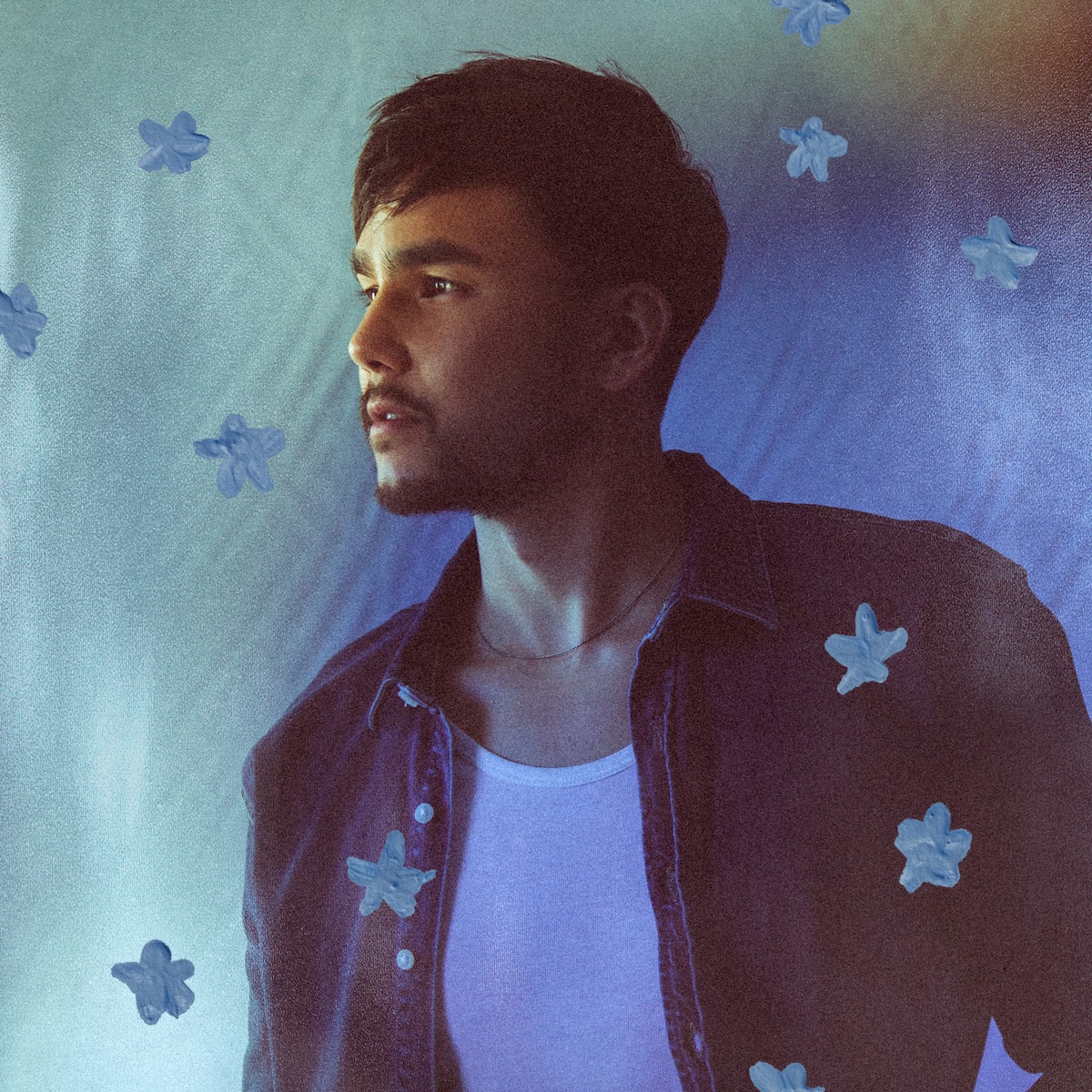
What is your heritage?
I am Chinese-Canadian. My father was born and raised in Hong Kong and then met my mother in Canada. My mom’s side of the family is Eastern European. I was born and raised just outside of Vancouver, BC.
What is the significance of Asian American and Pacific Islander Heritage Month, for you?
The importance of this month is really an opportunity to celebrate our Asian ancestry, culture and traditions, and to further amplify our stories. I didn’t always have role models or examples on a world stage that looked like me. I think once we collectively acknowledge that there is much to be celebrated about Asian and Pacific Islanders, there will be greater opportunities to follow.
How do you perceive or experience the relationship between music and your AAPI heritage and identity?
I think there are a few misconceptions about AAPI identity and its relationship with music. I identify as a Chinese-Canadian which has both helped and hindered my music career at times. In terms of my music, I am a pop artist, singer, and songwriter. The disconnect comes from ignorance and patterns of behavior. How I personally identify doesn’t necessarily correlate to how my music sounds or how it’s performed. There is a whole spectrum of AAPI music artists from rap music to EDM. The challenge I’ve experienced is that when people notice I’m Chinese and also a pop artist their mind automatically goes to a specific place and doesn’t add up. I take elements of my culture that inspire me; I won’t necessarily have a traditional Chinese gong in the middle of one of my songs, but visually I might be wearing a mandarin collared shirt in the music video. Ultimately, I want people to know that there is not one genre or one look for all AAPI artists.
How do you feel the music industry can improve, when it comes to representation, inclusion, and diversity?
I would love to see more representation in mainstream media of the AAPI community in general. There is still much work to be done in the way of inclusion of minorities. At times it feels like it’s only holidays or specific devoted months that these communities are even recognized and amplified before it’s back to business as usual. We need to be seeing AAPI artists on bigger stages, awards shows, radio shows, festivals, and also be crafting more opportunities for them on the world stage. We are not part of a checklist to make someone feel better about themselves for being diverse. We are just as worthy and deserving of a shot or spot.
Name one or two AAPI artists who have had a significant impact on you, and why they've had that impact.
I think everything that I’ve been seeing and hearing from BTS has been incredible. Everything’s so on point with their style and creative, and their song ‘Dynamite’ is still a favorite of mine. I’m also secretly a fan of Lang Lang. I love classical music when I’m listening to music in the car or decompressing, and his music is beautiful. I would actually love to work with him some day or collaborate on a performance. A lot of the AAPI artists I’m inspired by have a lot to do with the level of execution, passion, and excellence in their respective work.
Lastly, what are you working on currently? Anything coming down the pipeline you’re excited to share?
My brand new album comes out later this summer. I’ve been working really hard on this project and have been more hands on than ever due in large part to the pandemic. It was almost a blessing in disguise in terms of me having the time to dig in, write, and co-produce large parts of it. I was able to work virtually with people from all over the world and I think this is some of my best work to date.
•• ••
:: Shima ::
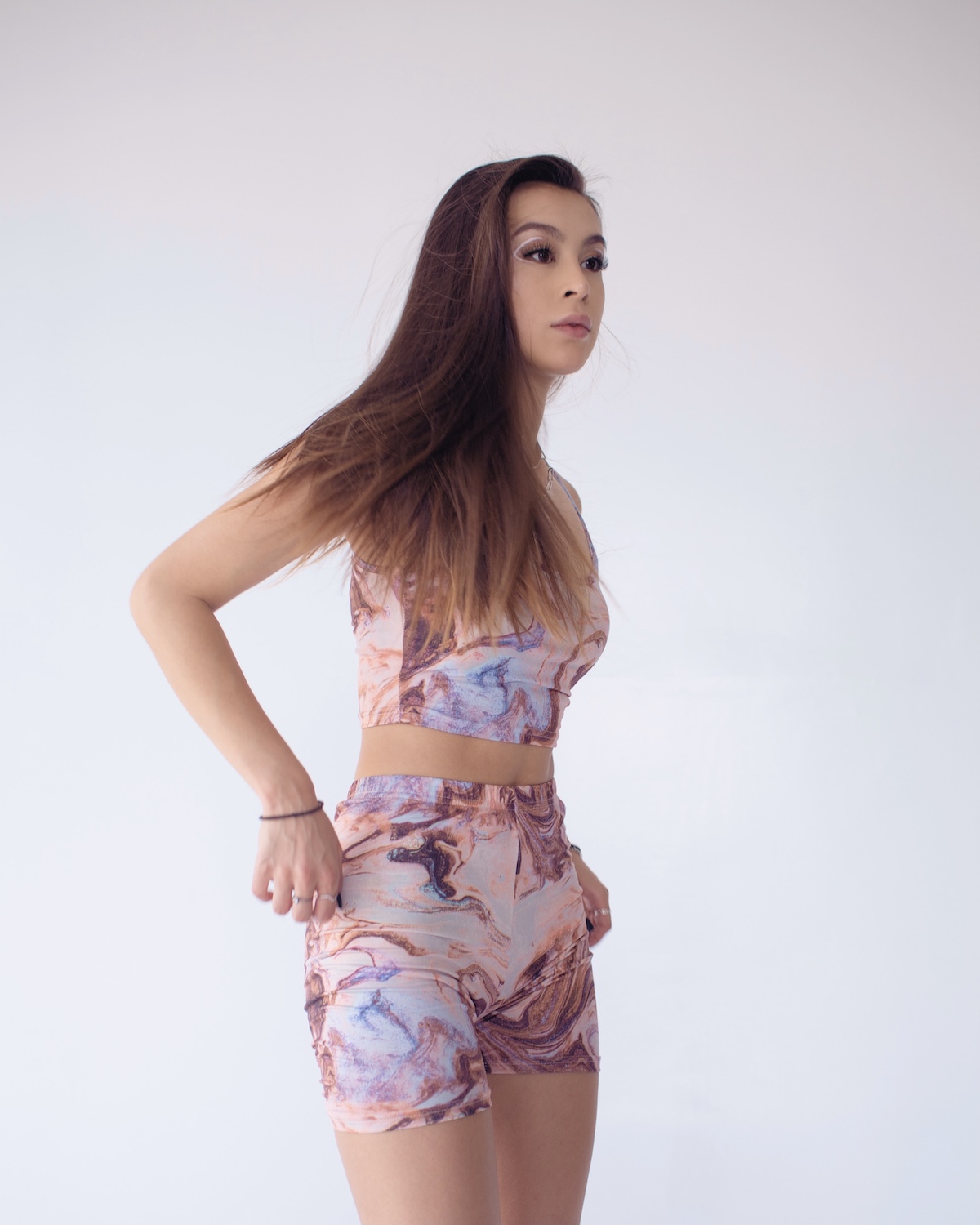
What is your heritage?
Japanese
What is the significance of Asian American and Pacific Islander Heritage Month, for you?
Having spent almost an equal number of years now living in the US and in Japan, I understand how important it is to understand each other’s cultures in order to empathize with and understand one another. When we really study another culture, we humanize the people from that culture, make sense of their customs and behavior, and therefore make it harder to hate and discriminate against them. I think a lot of the hate that is being directed towards the AAPI community during this pandemic comes from a place of ignorance and not really understanding AAPI people beyond stereotypes and dated media representations. I see the same sometimes happening with Black American culture in Japan – so it goes both ways. This is why things like Black History Month and AAPI Heritage Month are important to me – they promote education and empathy, which are the key antidotes to hate.
How do you perceive or experience the relationship between music and your AAPI heritage and identity?
As I identify as both Japanese and American, I write most of my lyrics in both Japanese and English. I like mixing the two languages because it’s an accurate representation of who I am and how I actually speak with the people in my life. I also want to normalize listening to music in different languages and cultures, since for the most part, Japanese people only listen to Japanese music, and Americans only listen to American or English music. The music industry needs to become more globalized in my opinion, and while that is happening a little bit with Kpop, it’s still considered a niche. I’d like to see it happen with Japanese music, and extend beyond commercial pop music.
How do you feel the music industry can improve, when it comes to representation, inclusion, and diversity?
As I mentioned above, I would like to see listening to artists from different countries and cultures being normalized. Music should know no racial or national boarders.
Name one or two AAPI artists who have had a significant impact on you, and why they've had that impact.
I really like Tokimonsta, because when I first started making music in high school, she was just about the only successful female music producer in the electronic scene, and therefore was the only role model I had to remind myself that I could do it too. Later on, I was introduced to Yaeji, who I instantly fell in love with because of her unique persona, and a Japanese artist called AAAMYYY because she also produces and sings her own music like I do. I respect and admire these artists not just as AAPI members but as female trailblazers in electronic music.
Lastly, what are you working on currently? Anything coming down the pipeline you’re excited to share?
I have single releases coming out for basically every month this year, with an EP scheduled for December. I also have at least 3 music videos planned, so it’s going to be a busy year.
•• ••
:: St. Lenox ::
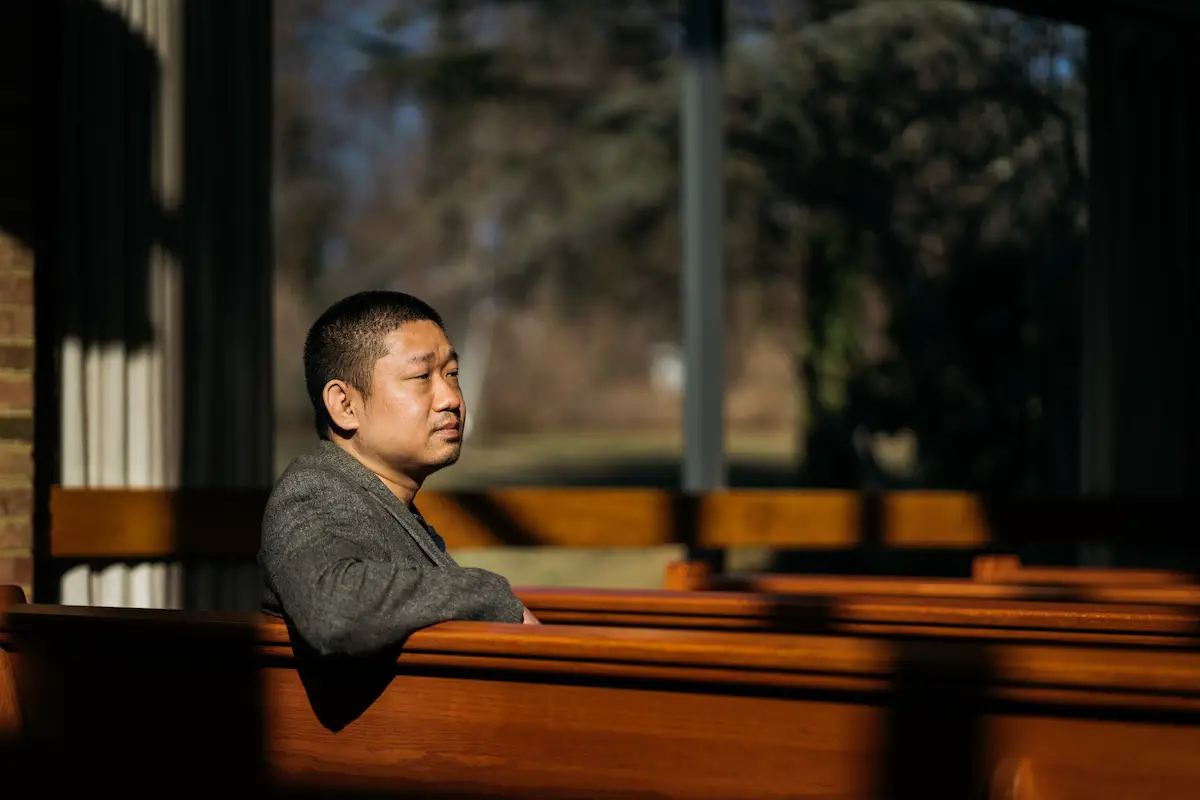
What is your heritage?
Korean-American
What is the significance of Asian American and Pacific Islander Heritage Month, for you?
I use the month to educate friends and fans about the lack of Asian-American voices in the music industry. But it’s also the month that the silence in response is a bit more deafening. As a Queer Korean-American, the end of the month is a good time for me, because AAPI Heritage Month segues into LGBT Pride Month, so I get two months in a row.
How do you perceive or experience the relationship between music and your AAPI heritage and identity?
My AAPI heritage is the anchor from which almost every one of my thoughts comes from. Sometimes I write about it directly, but sometimes I don’t, but it’s always there.
How do you feel the music industry can improve, when it comes to representation, inclusion, and diversity?
Music outlets need to do an accounting of their editorial practices. Many outlets’ reviews go inordinately to white music acts, with several outlets devoting over 90% of their review space to white music acts. Many outlets account for Asian-diversity by including predominantly foreign Asian acts, which has the result of defining American music as a white space, which erases Asian-American musicians. Outlets also need to do a better job accounting for notable Asian-American acts, instead of coming up with last-minute lists and complaining that they’ve simply never heard of any Asian-American musicians, which is a perennial complaint. I appear regularly on year-end best-of-lists at several national music outlets, and yet I have to deal with a lack of institutional memory every single time I release a new record.
Name one or two AAPI artists who have had a significant impact on you, and why they've had that impact.
Kyung Wha Chung, while technically Korean and not Korean-American, came to the United States at a young age to pursue a career as a concert-violinist. As a very successful classical violin celebrity, she inspired many Asian-American (and especially Korean-American) children to pursue music in the United States. Many Asian-American musicians have a notable classical music background. I myself became a concert-violinist earning national and international prizes for the violin at a young age. And while I don’t perform straight classical music on the violin anymore, that experience informs much of my music, and that history is in part due to Kyung Wha Chung’s influence.
Lastly, what are you working on currently? Anything coming down the pipeline you’re excited to share?
I have a record coming out on June 11, 2021, on Don Giovanni Records, called Ten Songs of Worship and Praise for Our Tumultuous Times. It is a queer spiritual record about The Great Religious Drift of the 21st Century.
•• ••
:: Joker’s Hand (Kevin Kawano & Matthew Lau) ::
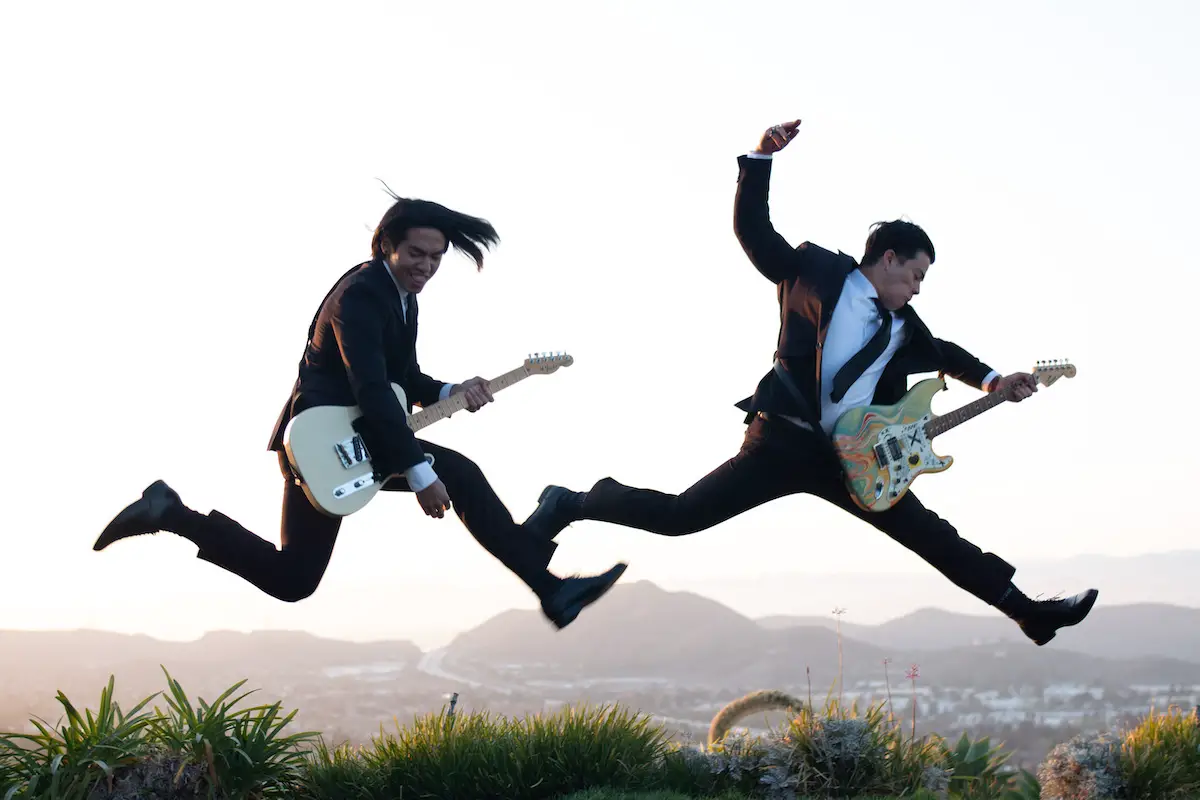
What is your heritage?
Both of us are of Asian heritage. Matt is Chinese-American and I (Kevin) am half white & half Japanese. Being the children of first-generation immigrants, we often found ourselves in an identity crisis, torn between our Asian heritage and the American culture we were born into. Our love for music truly helped us bridge the gap between the two cultures we were born into and gave us a voice to express ourselves in a way nothing else ever could.
What is the significance of Asian American and Pacific Islander Heritage Month, for you?
Asian American and Pacific Islander Heritage Month is significant to us because it brings an annual spotlight to members of our community that have made an impact on history, highlighting how our community has helped shape the world into a better place. It’s also important to bring attention to the recent incidents of xenophobia, violence and hate that have been occurring more and more in our country since the beginning of the pandemic.
How do you perceive or experience the relationship between music and your AAPI heritage and identity?
In hindsight, both of us had rather rigid upbringings, especially when compared to the upbringings of some of our non-Asian friends. Growing up, and even still today, we didn’t often feel there was a strong AAPI representation in popular music. We both found refuge in music; it gave us a sense of community and opened us up to so many new ideas and perspectives. The two things we’ve heard the most at our gigs in the past have been “Are you guys brothers?” which, of course, we are not, and “You don’t often see Asians doing rock!” Rock music has always spoken to us, whether it be through its high energy and chaotic sounds or through its “loud and proud” attitude. We never looked at the lack of AAPI representation in rock as a hindrance…it just made us want to be rockstars even more!
How do you feel the music industry can improve, when it comes to representation, inclusion, and diversity?
We’ve always felt there wasn’t a strong AAPI presence in rock music, but we’ve never let that deter us. Diversity and inclusion are vitally important no matter what industry you’re in, and although the artists pushed by major labels these days appear to be getting more and more diverse, more work needs to be done.
Name one or two AAPI artists who have had a significant impact on you, and why they've had that impact.
The first name that comes to mind for us is Mike Shinoda. Linkin Park was one of our biggest modern rock influences growing up, and Mike’s lyrics, energy, and stage presence had a big impact on us as fans, as musicians, and as people. Mike’s lyrics were especially powerful. He talked about mental health, which in many Asian cultures is something that’s not valued or discussed. We’re seeing mental health as a topic of discussion come up a lot more frequently today in the mainstream, but growing up it was hardly recognized, especially within our own households. Seeing and hearing someone who looked like us discuss those topics helped us to learn and reflect on our own mental battles.
Lastly, what are you working on currently? Anything coming down the pipeline you’re excited to share?
We’ve got a new song, “War Profiteer,” coming out on May 10th to all streaming platforms! It’s an upbeat song that pokes fun at those who profit off of the suffering of others. We’re super excited to release this song and its accompanying music video. We think its summery vibe will coincide perfectly with the return to normalcy we hope to see before summer 2021.
•• ••
:: Jessica Huang (Draag) ::
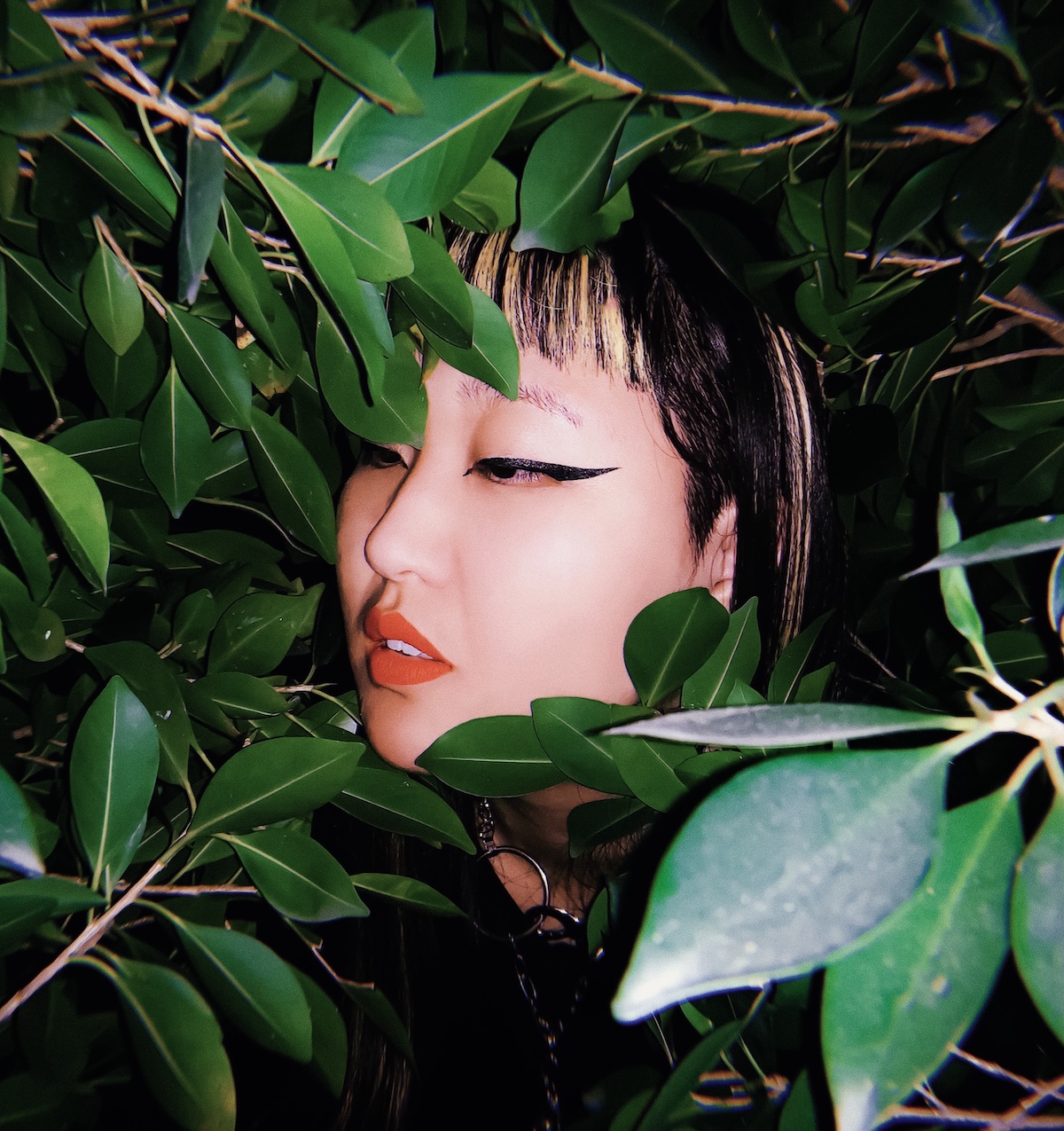
What is your heritage?
Chinese American
What is the significance of Asian American and Pacific Islander Heritage Month, for you?
It never meant anything to me. It always felt like a weird charity. It’s nice of course to be highlighted and I appreciate the recognition. But I’ve never felt truly seen or human until recently (a sentiment I share with many AAPI): until the racially targeted attacks and murder of AAPI people hit the mainstream. I grew up ashamed of my heritage in a way, trying to hide it, and in the process, erasing myself, to be American. If anything, I want this month to at least help younger AAPI kids be proud of who they are and the centuries of traditions they carry in their DNA.
How do you perceive or experience the relationship between music and your AAPI heritage and identity?
I am torn between avoiding expressing my struggle with identity as trauma porn/entertainment for other people and being brutally honest about it so I can stop gaslighting myself and diluting the true nature of racism I’ve experienced and AAPI experience in this racist country. It’s stressful to be the only one of a handful or none of AAPI at a recording studio, playing a show, attending a show, etc. as is often the case in the music subculture I’m a part of. To be a music creator, I feel like I have to conjure up extra strength, bravery, and solid self-worth. Or else I’ll be beaten down by the ignorance and stereotypes that come my way in so many different places in the music world.
How do you feel the music industry can improve, when it comes to representation, inclusion, and diversity?
Over time, I’ve internalized the feeling that I’m not a “real artist” because of the implicit and explicit messaging from the music industry regarding my identity. To be honest I feel very uncomfortable when the music industry gives opportunities at specific times when it’s trendy and makes them look good i.e. socially conscious and with it. I know there isn’t an easy answer for this. We just want to be seen as human, not a social justice project. I don’t know, I think people in the industry need to get out of their comfort zone. Challenge themselves to not run on autopilot. I get that subconsciously we might feel more connected to people with shared race/backgrounds, but I feel like that’s kinda partially why the industry is so white.
Name one or two AAPI artists who have had a significant impact on you, and why they've had that impact.
Charlyne Yi and Mitski are badass. At a younger age when I felt tense and confused about how to express myself as an asian american, they helped me be more unfiltered and free.
Lastly, what are you working on currently? Anything coming down the pipeline you’re excited to share?
My band Draag is working on an LP, it’ll be our first full length album. Hopefully 3 music videos accompanying it, it’s all in the works right now. So far, I’m proud of how the songs are turning out.
•• ••
:: Really From (Chris Lee-Rodriguez) ::
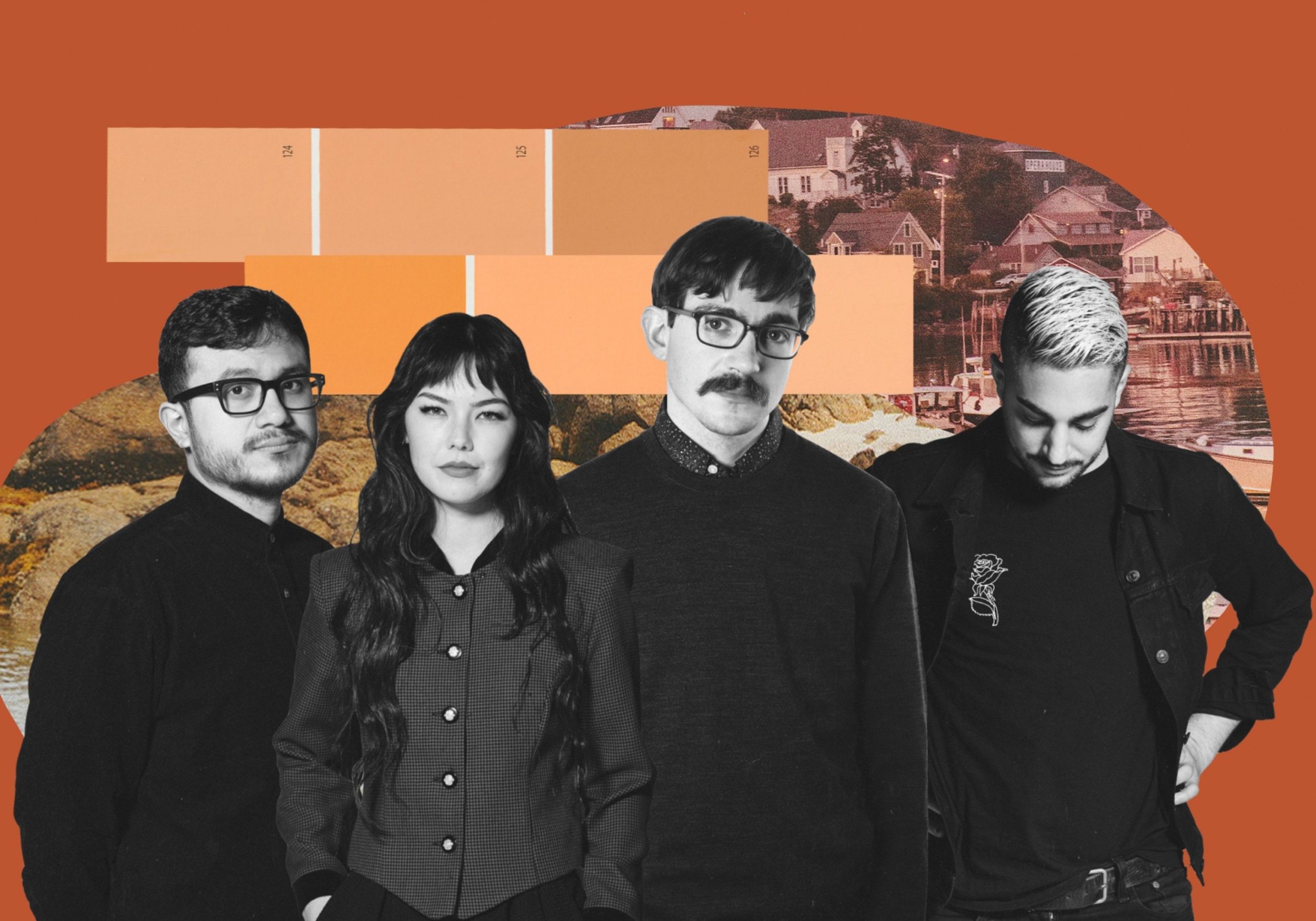
What is your heritage?
Chinese/Puerto Rican
What is the significance of Asian American and Pacific Islander Heritage Month, for you?
A chance to learn the stories of radical and inspiring AAPI leaders like Grace Lee Boggs.
How do you perceive or experience the relationship between music and your AAPI heritage and identity?
It’s just another mode of knowing and interpreting. There are so many incredible AAPI artists that use music to process and meditate on their own experiences.
How do you feel the music industry can improve, when it comes to representation, inclusion, and diversity?
Inclusion and diversity must call on the industry to democratize their operations, where artists are compensated equitably, where bills are not only more inclusive or diverse but the audiences, venues, and systems in which we move reflect that inclusion and diversity.
Name one or two AAPI artists who have had a significant impact on you, and why they've had that impact.
Mike Park is a legend and has cultivated an artist community that’s supportive and open for over two decades.
Lastly, what are you working on currently? Anything coming down the pipeline you’re excited to share?
My band Really From just released our self-titled album on Topshelf Records.
•• ••
:: Billy Kim (Karaboudjan) ::

What is your heritage?
Korean
What is the significance of Asian American and Pacific Islander Heritage Month, for you?
For me, AAPI Heritage Month is a chance to step back and appreciate my background and heritage, which is something that can be so easily forgotten and swept under for most Asian Americans trying to assimilate to an American lifestyle. Growing up I always felt that life could be more convenient if I was “white”. As an adult, I now realize how much of my own culture has culled me to become the person I am today, and how proud I am to be Korean.
How do you perceive or experience the relationship between music and your AAPI heritage and identity?
I’ll share this one story of almost getting signed to a label when I was 19. The president of the label seemed to enjoy our music, but we found out from a mutual friend that he wouldn’t sign us because there were 2 Asians and an Indian guy in the band. We had two white members, but I don’t think we ever shared this with them. I remember us not being bitter about this, rather stunned that this was a legitimate reason in his thought process.
How do you feel the music industry can improve, when it comes to representation, inclusion, and diversity?
This is a tough one for me but I would hope that we could see more more representation at the Grammy’s. I know there are a ton of talented AAPI artists out there that deserve the recognition.
Name one or two AAPI artists who have had a significant impact on you, and why they've had that impact.
Personally both James Iha from the Smashing Pumpkins and Teppei Teranishi from Thrice both normalized seeing AAPI’s on stage, in publications, and on MTV.
Lastly, what are you working on currently? Anything coming down the pipeline you’re excited to share?
I just released my second single, “Let Go” off of my debut EP, IMAGO. The album will be released in September, after three more singles are released in the next few months.
— —
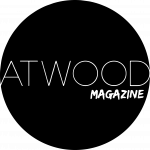
Connect to Atwood Magazine on
Facebook, Twitter, Instagram
Discover new music on Atwood Magazine
:: Celebrating AAPI Heritage ::
 follow our AAPI Heritage Month playlist on Spotify
follow our AAPI Heritage Month playlist on Spotify 

